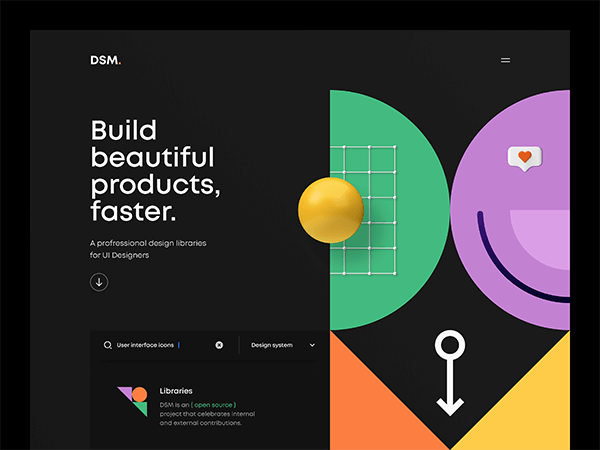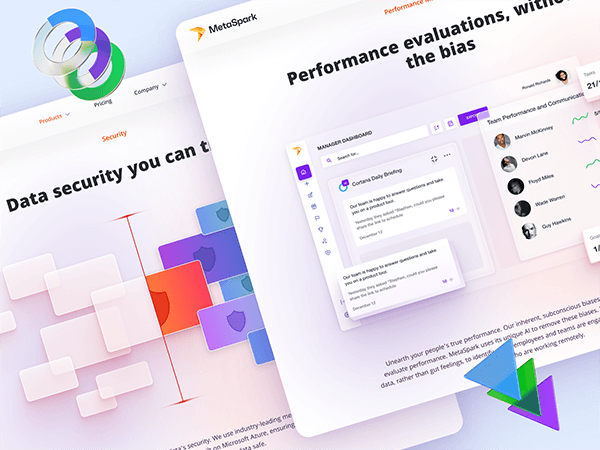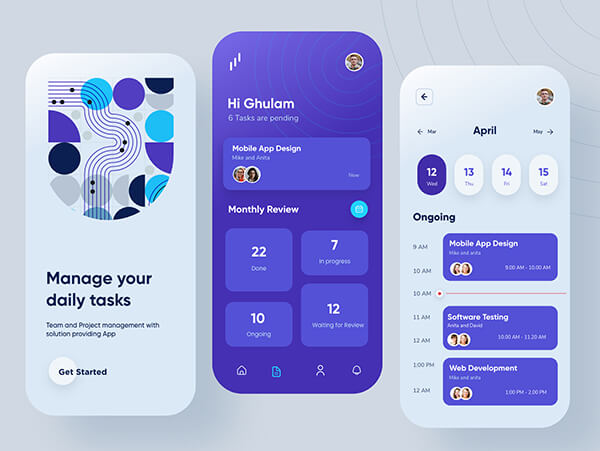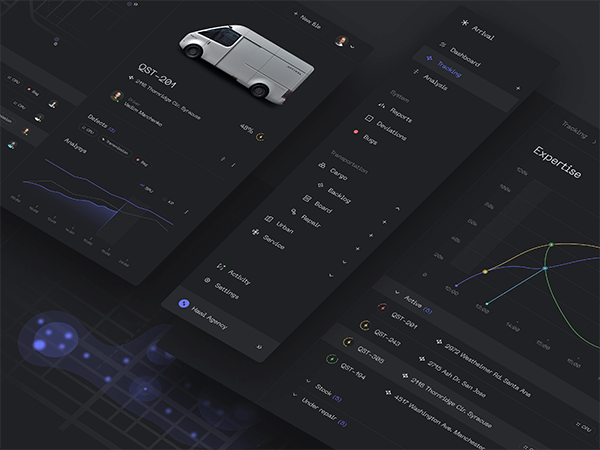About me
I am a Software Engineer at the Reserve Bank of Australia currently working on Enterprise Systems. I possess a comprehensive understanding of computer proficiency and software development, with extensive experience in multiple programming languages. Extremely interested in the STEM field and its advancements and fundamentals. Enjoy computation, logic, algorithms, computer programming, data structures, mathematics, physics, and problem solving. Experience in Java, C, C++, Python, SQL, and various IDE's.
What i'm doing
-
Software Development
Integrating new features and functionality to advanced systems.
-
Education
Completing tertiary education to gain skills and grasp complex topics.
-
Project Management
Working with teams and vendors to implement and maintain technologies.
-
UI/UX Design
Creating user-focused and aesthetically pleasing interfaces.












